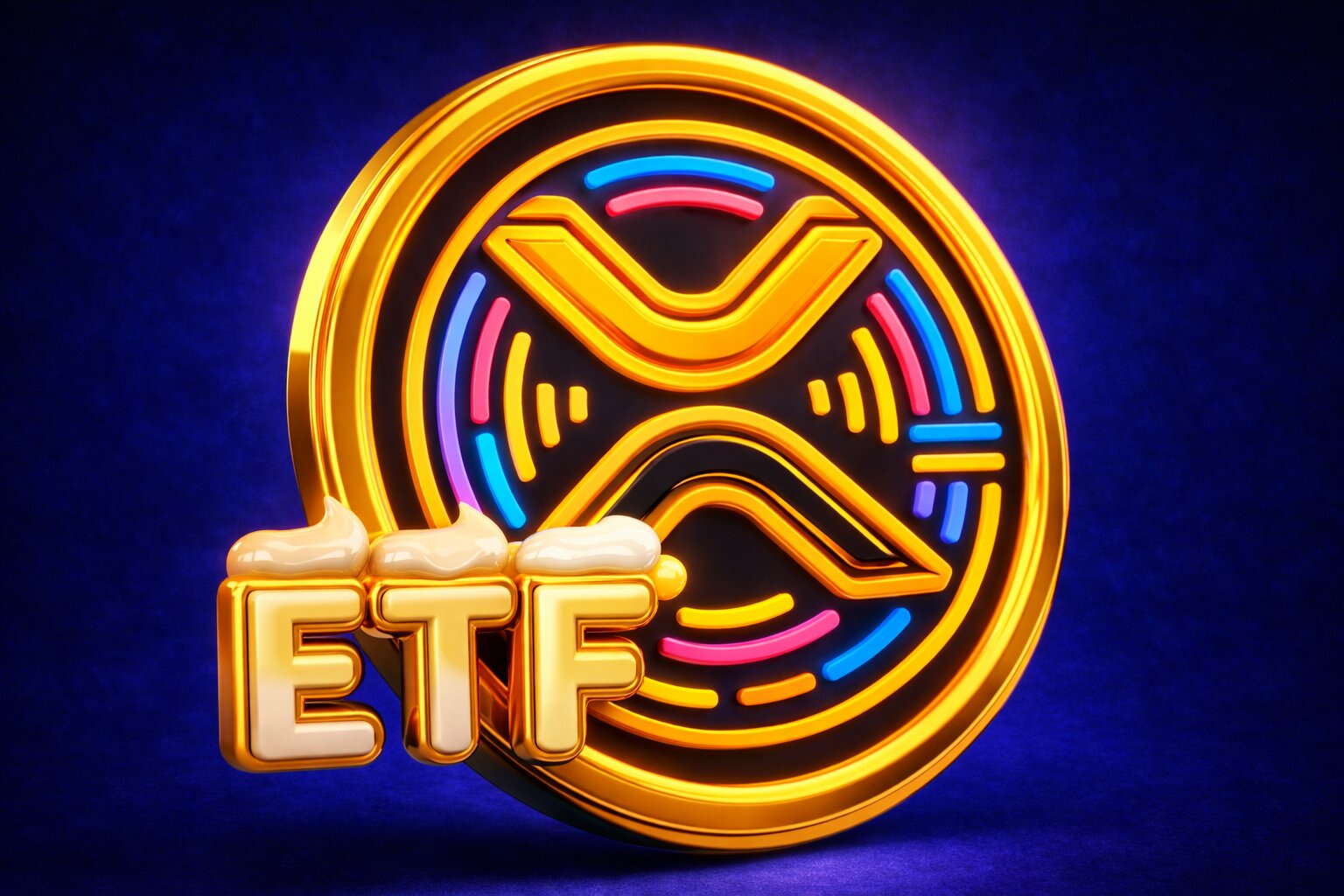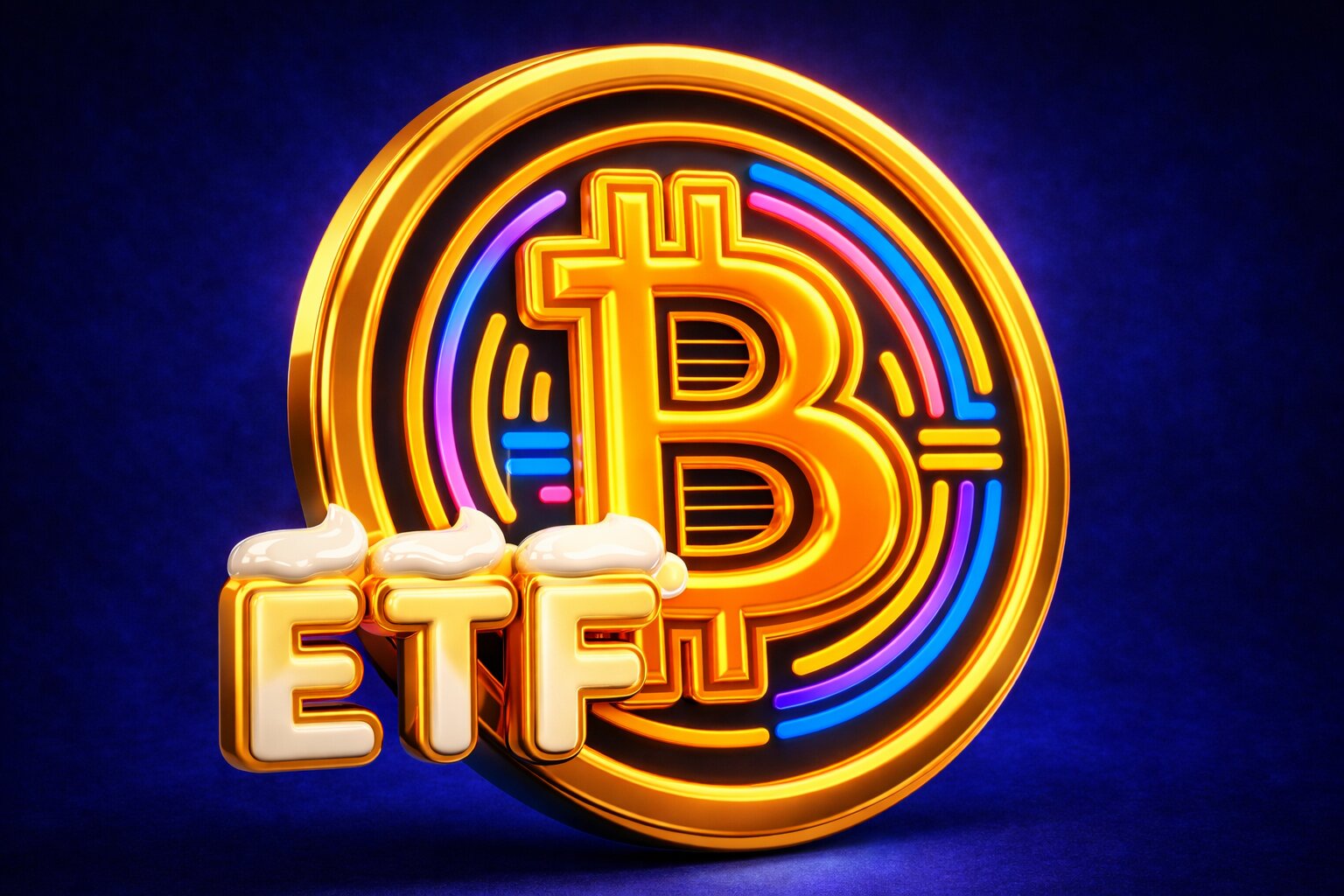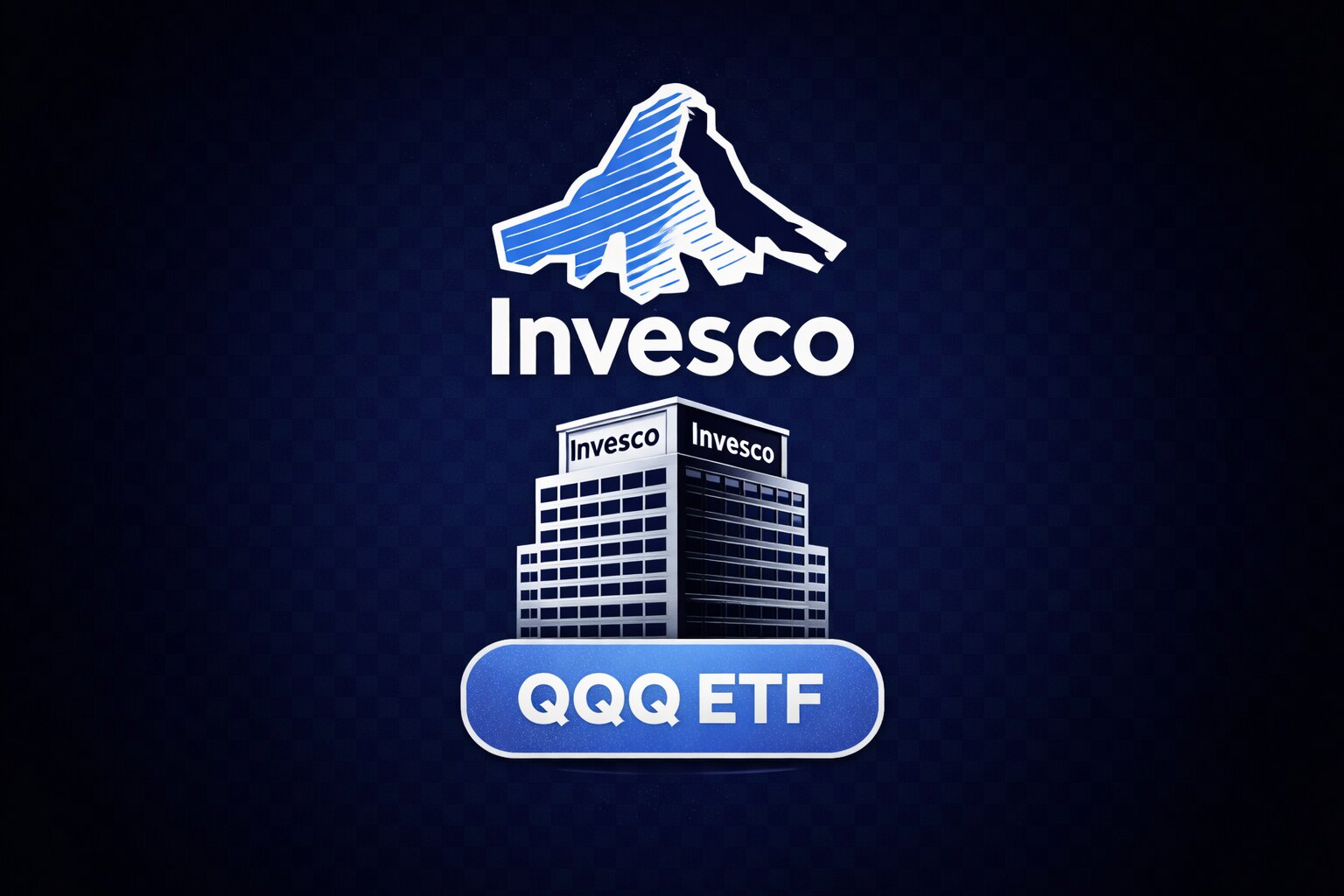Bitcoin's Global Impact as Block and Paxful Spearhead Financial Transformation with Cryptocurrencies
Pioneering a Financial Revolution with Bitcoin, Block, Paxful, and the Unstoppable Rise of Cryptocurrencies
As the world witnesses a crisis of confidence in traditional banking systems, particularly in the United States and Europe, bitcoin has emerged as a potential alternative to protect people's assets. Amidst this chaos, influential figures like Peter Thiel have been critical of central banks, proclaiming the end of the fiat money regime. Although Thiel's venture capital fund reportedly sold most of its holdings before his infamous Miami speech, bitcoin's recent resurgence after the collapse of Silicon Valley Bank seems to lend some credibility to his claims.
However, focusing solely on Thiel's perspective would be a disservice to the broader narrative surrounding bitcoin. While the U.S. and Europe grapple with weakened confidence in banks, the African continent is experiencing a different kind of financial revolution. Companies like Block, Paxful, and the Human Rights Foundation have been emphasizing the potential of bitcoin to empower unbanked populations and serve as a lifeline for individuals living in countries with unstable national currencies, high remittance rates, and international sanctions.
The growth of mobile money transactions in Africa has been astounding, with a 39% increase in 2021, reaching over $700 billion, according to the GSM Association. This demonstrates the potential for decentralized money to create a more inclusive and equitable financial system on the continent.
However, the recent banking crisis and liquidity issues in the crypto market have raised concerns about the long-term stability of bitcoin as an investment. Market structure and liquidity are crucial factors to consider, as low liquidity can lead to high volatility in both directions. While the narrative surrounding bitcoin as a hedge against financial calamity is compelling, the market's structure should not be overlooked.
In conclusion, bitcoin's potential as a decentralized alternative to traditional financial systems has garnered significant attention worldwide. Its promise to empower unbanked populations and provide a hedge against financial instability has made it an attractive option for many. However, investors should approach the market with caution, recognizing that bitcoin's volatility may not provide the long-term protection against inflation that some proponents claim. Instead, they should consider diversifying their portfolios to mitigate risks and make informed decisions based on market structure and liquidity.
Read More
-
QQQ ETF Price Forecast - QQQ at $600.91: Nasdaq Growth Weighs Jobs Shock, High Yields and AI Productivity
12.02.2026 · TradingNEWS ArchiveStocks
-
XRPI And XRPR ETF Prices Lag At $7.74 And $11.44 While $1.23B XRP ETF Flows Test A Weak $1.38 Spot
12.02.2026 · TradingNEWS ArchiveCrypto
-
Gold Price Forecast: XAU/USD Guards $5,000 as Wall Street Maps Run Toward $6,100–$7,200
12.02.2026 · TradingNEWS ArchiveCommodities
-
EUR/USD Price Forecast: Can the Euro Clear 1.1900 as Dollar Momentum Fades Below 97?
12.02.2026 · TradingNEWS ArchiveForex


















